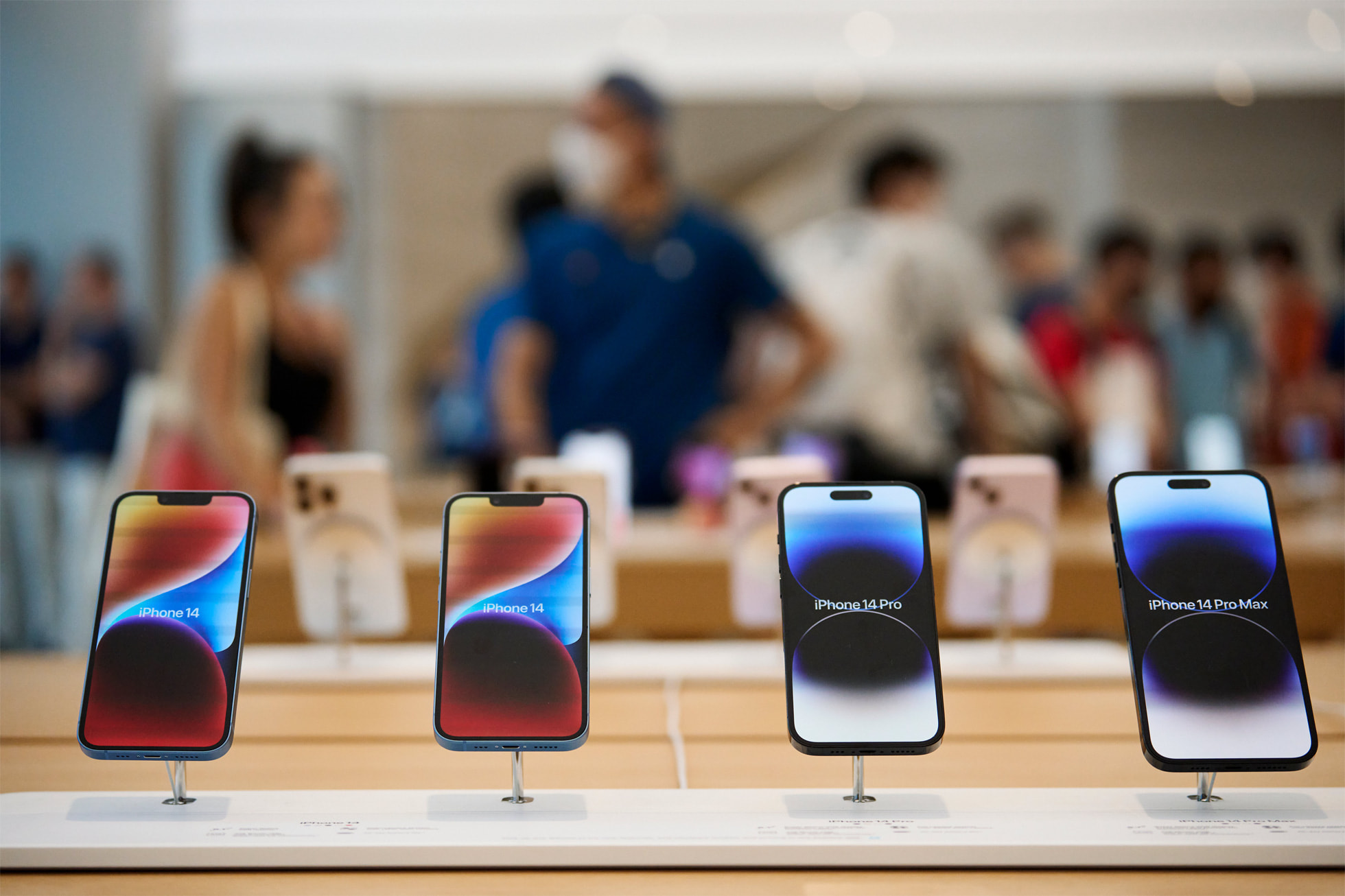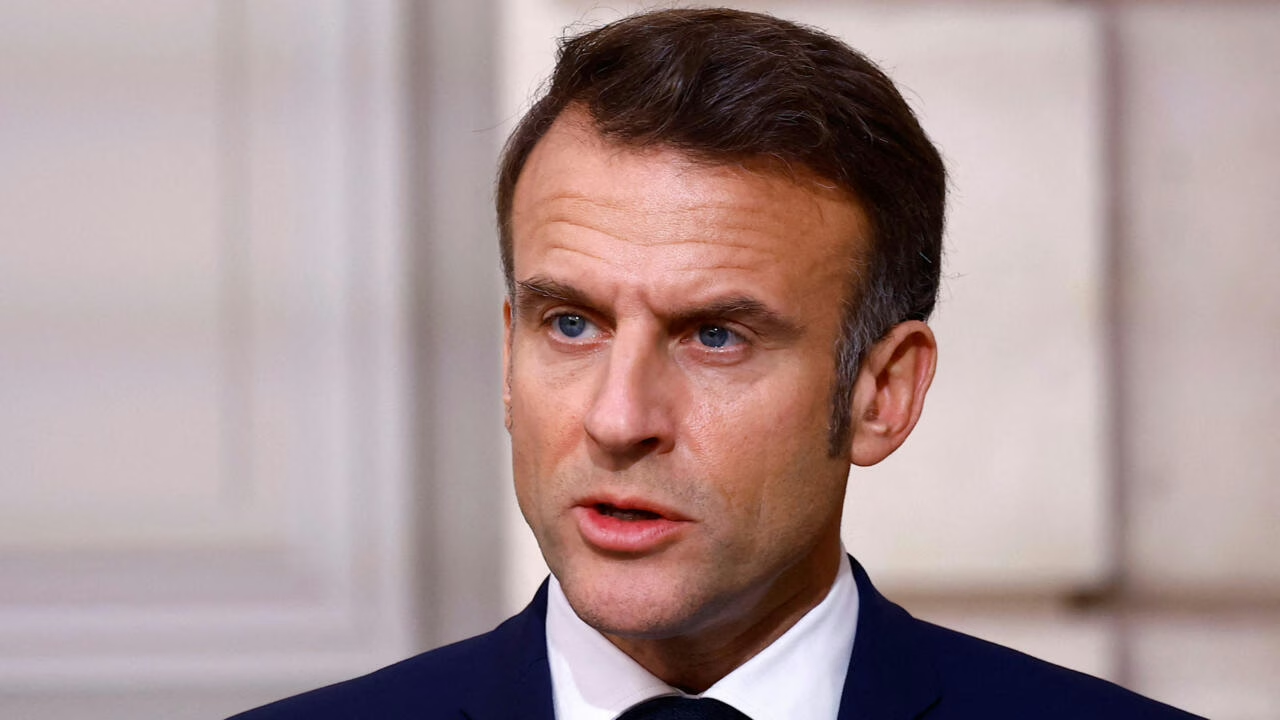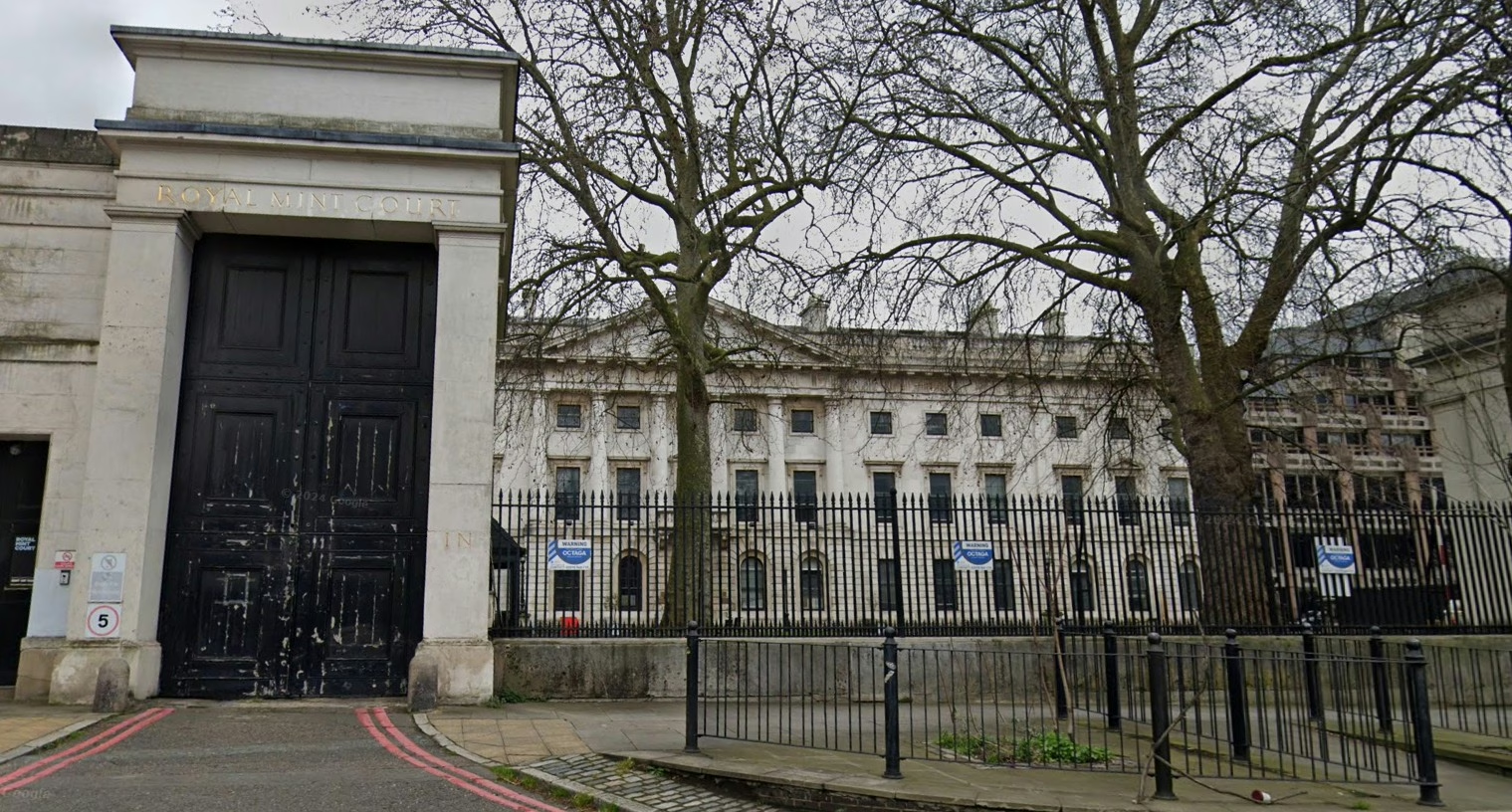The Trump administration announced late Friday that smartphones, laptops, hard drives, computer processors, memory chips, and semiconductor manufacturing equipment will be exempt from a 125% tariff on Chinese goods and a 10% global tariff on nearly all other countries. The U.S. Customs and Border Protection agency stated that the move aims to ease consumer price pressures and bolster the global electronics industry. As consumer electronics, largely produced in China and other nations, are central to global supply chains, the decision has drawn widespread attention. Below are reactions from key countries and regions:
China
As the world’s electronics manufacturing hub, China cautiously welcomed the tariff exemption. A Ministry of Commerce spokesperson said it “helps stabilise global supply chains” but warned that U.S. unilateral trade measures could harm long-term cooperation. Manufacturers like Foxconn noted the exemption eases cost pressures, though firms remain wary of future policies.
Taiwan
Taiwan’s authorities welcomed the exemption but remain cautious about broader trade policies. The Ministry of Economic Affairs said the move benefits firms like TSMC and Quanta Computer, particularly as semiconductors and related equipment are exempt, stabilising the global high-end chip supply chain. Trump had previously threatened high tariffs on Taiwanese chips, accusing the region of “taking America’s chip industry”. TSMC’s recent $100 billion investment in U.S. factories has partly eased tensions. President Lai Ching-te stressed continued dialogue with the U.S. to ensure a mutually beneficial trade relationship. Public opinion in Taiwan is mixed, with some fearing U.S. pressure could erode Taiwan’s competitive edge.
European Union
EU Trade Commissioner Maroš Šefčovič welcomed the exemption but urged vigilance regarding other U.S. trade policies. The EU had prepared retaliatory measures against U.S. steel and aluminium tariffs, and this exemption may encourage the bloc to seek further concessions in electronics trade talks.
Japan
Japan’s Ministry of Economy, Trade and Industry called the exemption a “positive signal” for firms like Sony and Panasonic. Facing earlier threats of a 24% tariff on U.S. exports, Japan plans to reduce reliance on American agricultural markets and pursue technical cooperation to deepen trade talks with the U.S.
South Korea
South Korea’s trade minister said the exemption offers “breathing room” for Samsung, LG, and others. Seoul has paused retaliatory tariffs, opting for increased U.S. investment and technical collaboration to ease trade tensions.
India
India’s Ministry of Commerce noted the exemption benefits IT products and electronic components exported to the U.S. India is considering reducing tariffs on $23 billion in American goods to secure better trade terms while accelerating its domestic electronics manufacturing.
Other Countries
Vietnam plans to leverage the exemption to boost electronics exports to the U.S., while cutting taxes on American liquefied natural gas and cars to ease trade disputes. Turkey aims to deepen ties with the EU and China to counter U.S. policy uncertainty. Australian Prime Minister Anthony Albanese said Canberra will continue talks with the U.S. to shield consumers from retaliatory tariffs.
Analysis
Analysts suggest the tariff exemption offers short-term relief for the global electronics sector, but countries remain wary of long-term U.S. trade policy uncertainty. The complexity of electronics supply chains means unilateral moves could trigger ripple effects. In the coming months, nations may pursue bilateral talks or regional trade agreements to secure greater stability.
Discover more from “Bridging Hongkongers. Reporting Truth.”
Subscribe to get the latest posts sent to your email.




